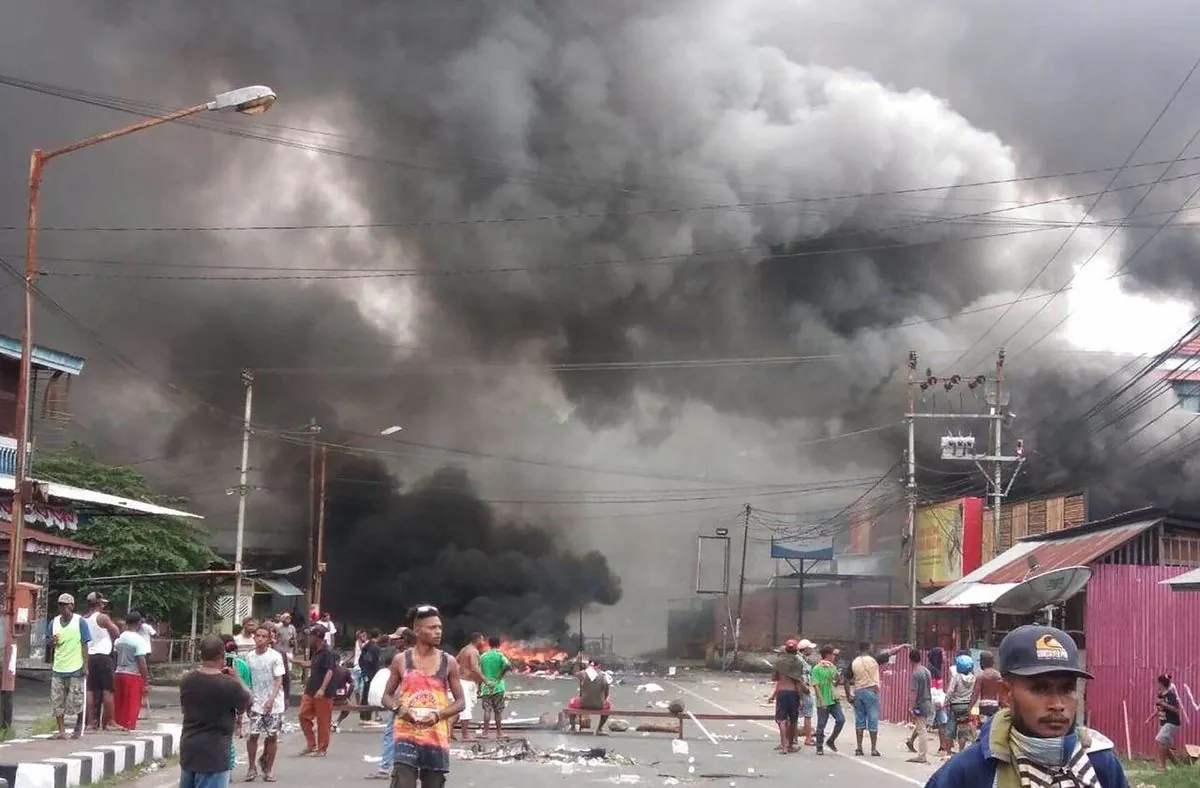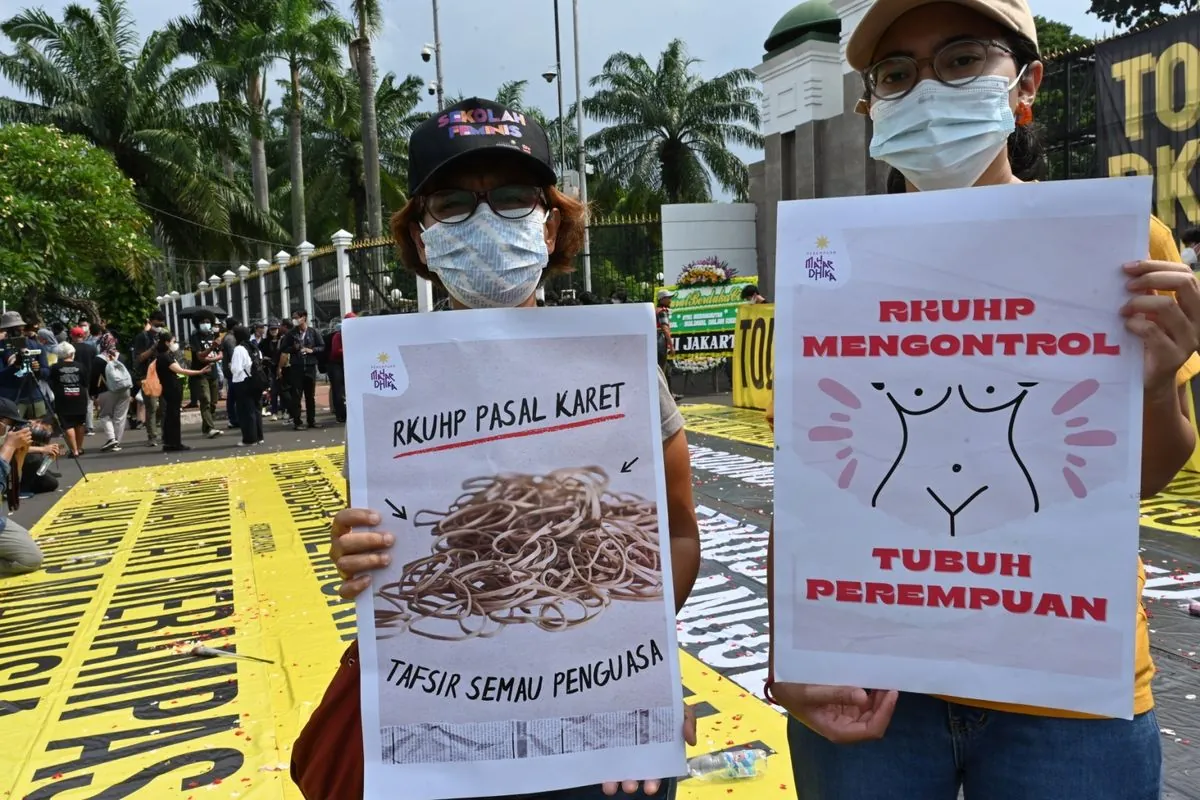Indonesia Faces Political Turmoil as Parliament Challenges Court Ruling
Indonesia braces for protests as parliament moves to overturn court decisions on election laws. The power struggle raises concerns about democratic integrity and President Widodo's growing influence.

In a significant development that has sparked concerns about Indonesia's democratic integrity, the country's parliament is poised to challenge recent Constitutional Court rulings on election laws. This move has prompted planned protests across the nation, scheduled for August 22, 2024, highlighting the growing tension between legislative and judicial branches of government.
The parliamentary action aims to reverse court decisions that could potentially strengthen the political influence of outgoing President Joko Widodo. This power struggle unfolds in the world's third-largest democracy, home to over 270 million people spread across more than 17,000 islands, showcasing the complex political landscape of this diverse archipelagic nation.

The Constitutional Court, established in 2003 as part of Indonesia's democratic reforms, recently revoked a minimum threshold requirement for candidate nominations in regional elections and maintained the minimum age limit of 30 years for candidates. These rulings effectively blocked the candidacy of President Widodo's 29-year-old son, Kaseang Pangarep, in the upcoming Central Java deputy governor race, while allowing government critic Anies Baswedan to run for Jakarta governor.
However, within 24 hours of the court's decision, the parliament tabled an emergency revision to annul these changes. This rapid response has raised eyebrows among legal experts and political analysts, with some describing the situation as bordering on a constitutional crisis.
"This manoeuvre is akin to constitutional insubordination and has the potential to stir unrest."
The political maneuvering has ignited a wave of criticism online, with social media platforms flooded with blue posters featuring the words "Emergency Warning" above Indonesia's symbolic national eagle. In response to the growing tension, police are deploying 3,000 personnel in Jakarta, the capital city with over 10 million inhabitants, to manage the planned protests.
Indonesia, which gained independence from Dutch colonial rule in 1945, has made significant strides in its democratic journey. The country's national motto, "Bhinneka Tunggal Ika" (Unity in Diversity), reflects its multicultural society comprising over 300 ethnic groups and 700 living languages. However, the current political situation threatens to test the resilience of this unity.
President Widodo, popularly known as Jokowi, has attempted to downplay concerns, stating that the court ruling and parliamentary deliberations are part of the standard "checks and balances" of government. However, his administration faces mounting criticism for increasingly bold ways of consolidating power and the creation of a political dynasty.
The situation is further complicated by the upcoming transition of power. President-elect Prabowo Subianto, who won a landslide victory in February 2024, is set to be inaugurated on October 20, 2024, with Widodo's eldest son, Gibran Rakabuming Raka, as his vice president. This arrangement has intensified scrutiny of Widodo's political influence extending beyond his presidency.
As Indonesia navigates this crucial juncture in its democratic journey, the eyes of the world are on this G20 member and emerging economic powerhouse. The outcome of this power struggle will likely have far-reaching implications for the country's political landscape and its standing in the international community.


































